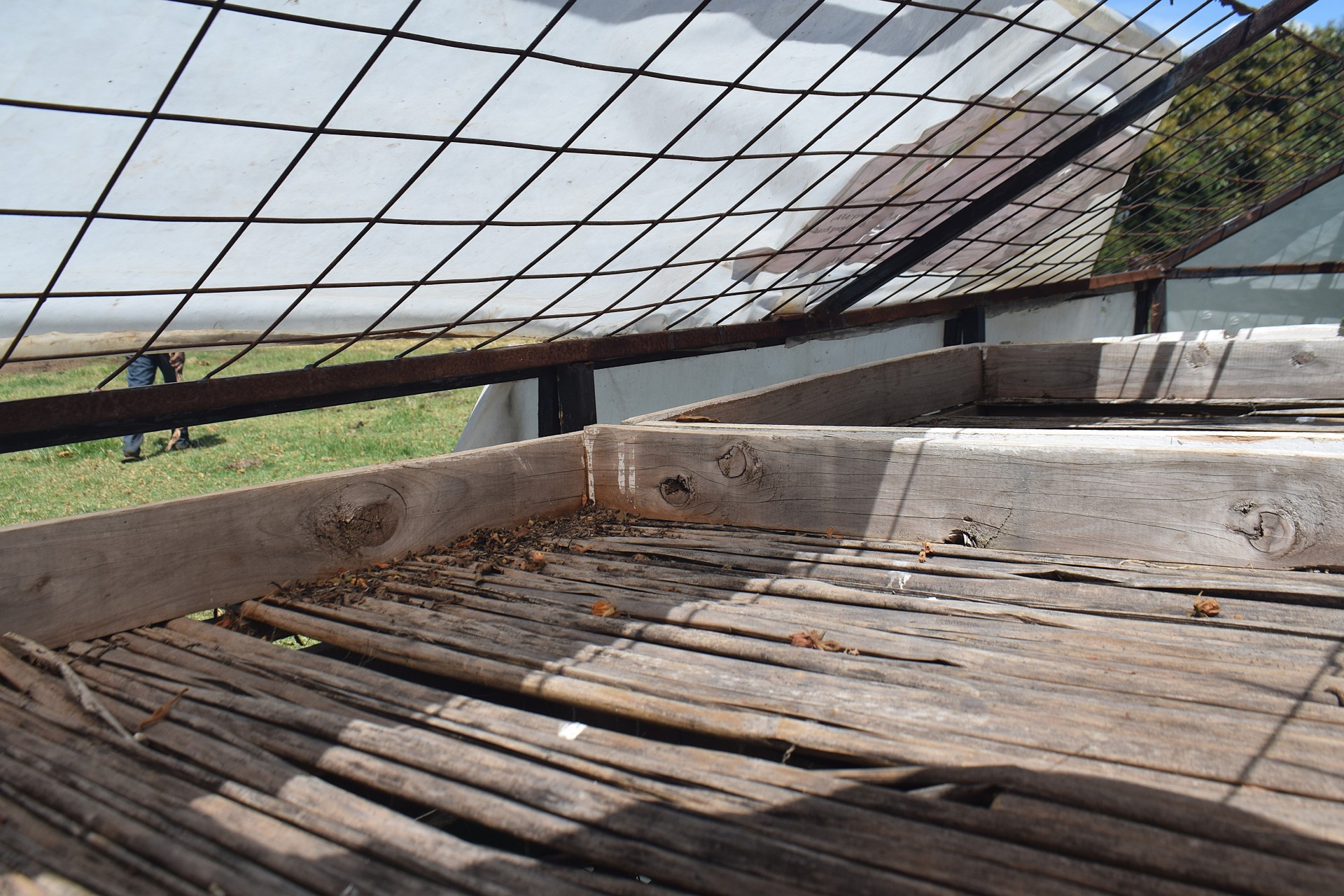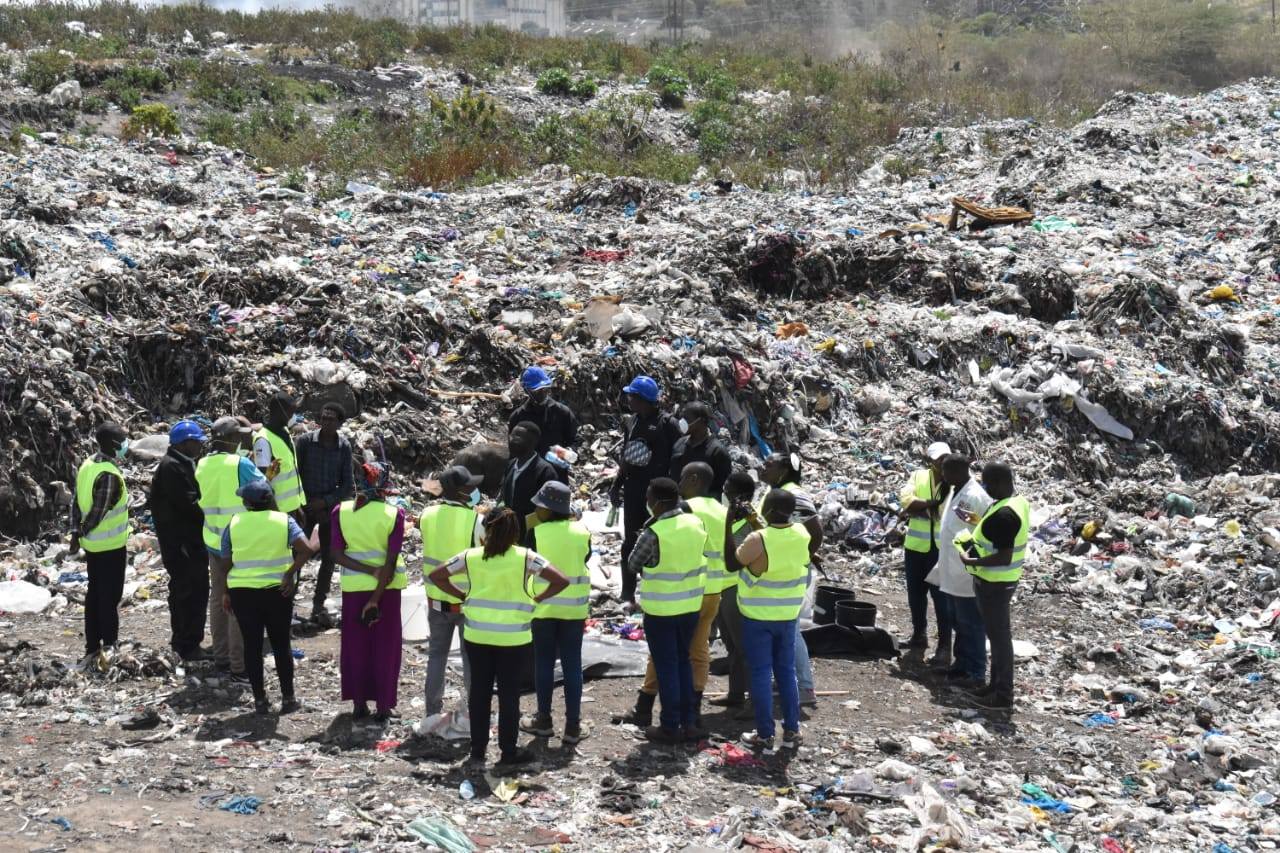- Research shows that bees pollinate about 75% of the world’s flowering plants and 35% of global food crops. In places like Kuresoi South, where agriculture sustains many households, bees quietly ensure the region’s food security.
Deep in the lush greenery of Stoito village, at the edge of Kuresoi South constituency in Nakuru County, 22-year-old Titolas Mutai tends to his beehives with both precision and passion.
Mutai is not only harvesting honey, he’s cultivating environmental hope.
Beekeeping may appear simple, but for Mutai, it is both an art and a calling. “Bees are small creatures, but their role in pollination is massive,” he says, lifting the lid of a hive as a soft chorus of buzzing erupts. “Without them, our crops wouldn’t flourish, and our ecosystems would collapse.”
Mutai began his journey into apiculture three years ago, inspired by the need to make a living after completing high school and driven by a growing concern about environmental degradation in his community.
With the support of a local youth empowerment group, he received basic training in beekeeping and started with just two hives. Today, he manages over a dozen.
Read More
“Initially, I just wanted to sell honey,” he admits. “But as I learned more, I realized bees are more than just honey-makers. They are central to biodiversity. They pollinate the crops we eat and even the wild plants animals depend on.”
Indeed, research shows that bees pollinate about 75% of the world’s flowering plants and 35% of global food crops. In places like Kuresoi South, where agriculture sustains many households, bees quietly ensure the region’s food security.
But Mutai's role goes beyond farming. He has become a young conservation ambassador, frequently visiting local schools and youth forums to talk about the link between bees, forests, and a balanced ecosystem. He’s part of a broader grassroots movement seeking to restore indigenous tree cover and promote eco-conscious farming practices.
“Stoito forest has suffered deforestation over the years,” he explains. “By promoting beekeeping, we encourage communities to conserve rather than cut down trees, because trees support bees and bees support life.”
Mutai’s story has begun to inspire many youth in the area to see beekeeping not only as a source of income but as a path toward sustainability. With just a few hives, a beekeeper can earn a steady income while directly contributing to environmental conservation.
He sells his honey under the brand name “Stoito Gold,” a nod to the forested beauty and purity of the region. The product has gained popularity in nearby markets like Olenguruone and Molo.
He dreams of expanding, adding value by producing beeswax products, and establishing a regional training center for young aspiring apiarists.
Still, challenges remain. Climate change, pesticide use, and lack of modern equipment occasionally threaten his progress. But his optimism is unwavering.
“My bees teach me patience and hard work every day,” he says with a smile. “They are a symbol of how small efforts can bring big change.”
As the sun sets over the serene hills of, Ndefu in Stoito, the hives gently hum with life tiny wings fluttering on a mission of pollination and preservation. And at the center of it all is a young man and his bees, proving that even in the remotest parts of Kenya, hope can buzz loudly.
Moi Mona is a journalist based in Nakuru County, passionate about climate justice, community stories, and environmental conservation.


-1769677767.jpg)




-1768983522.png)